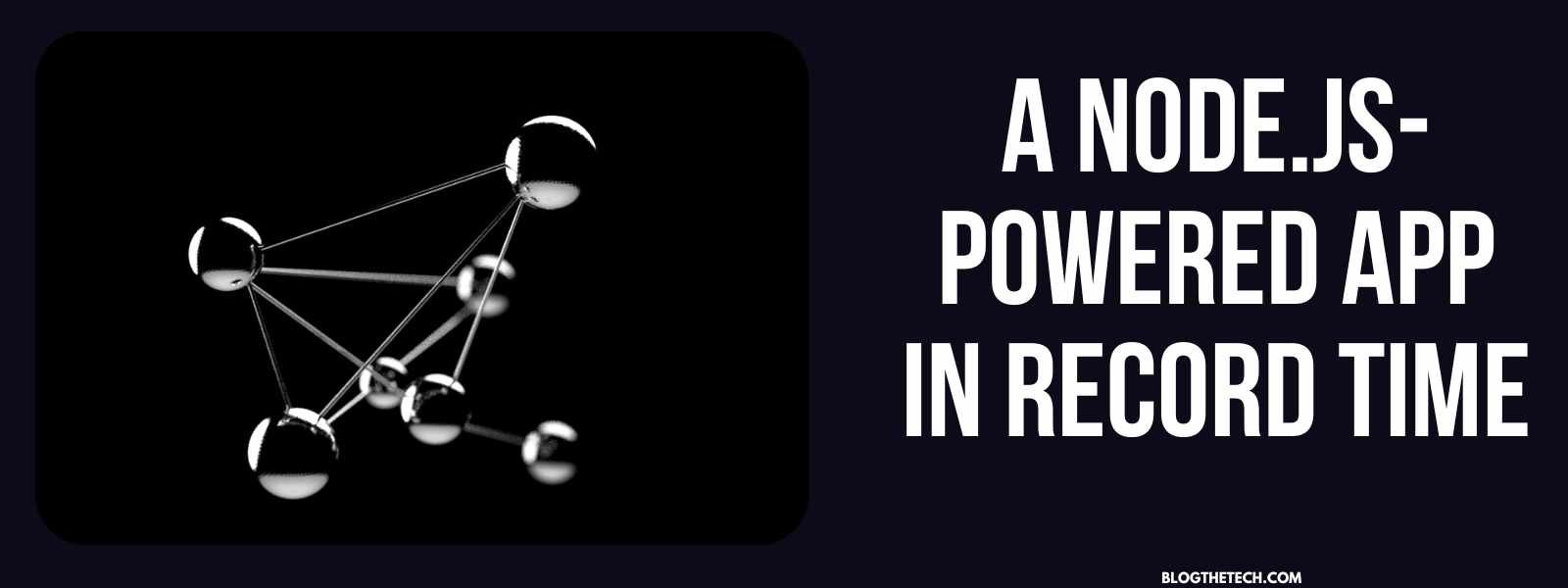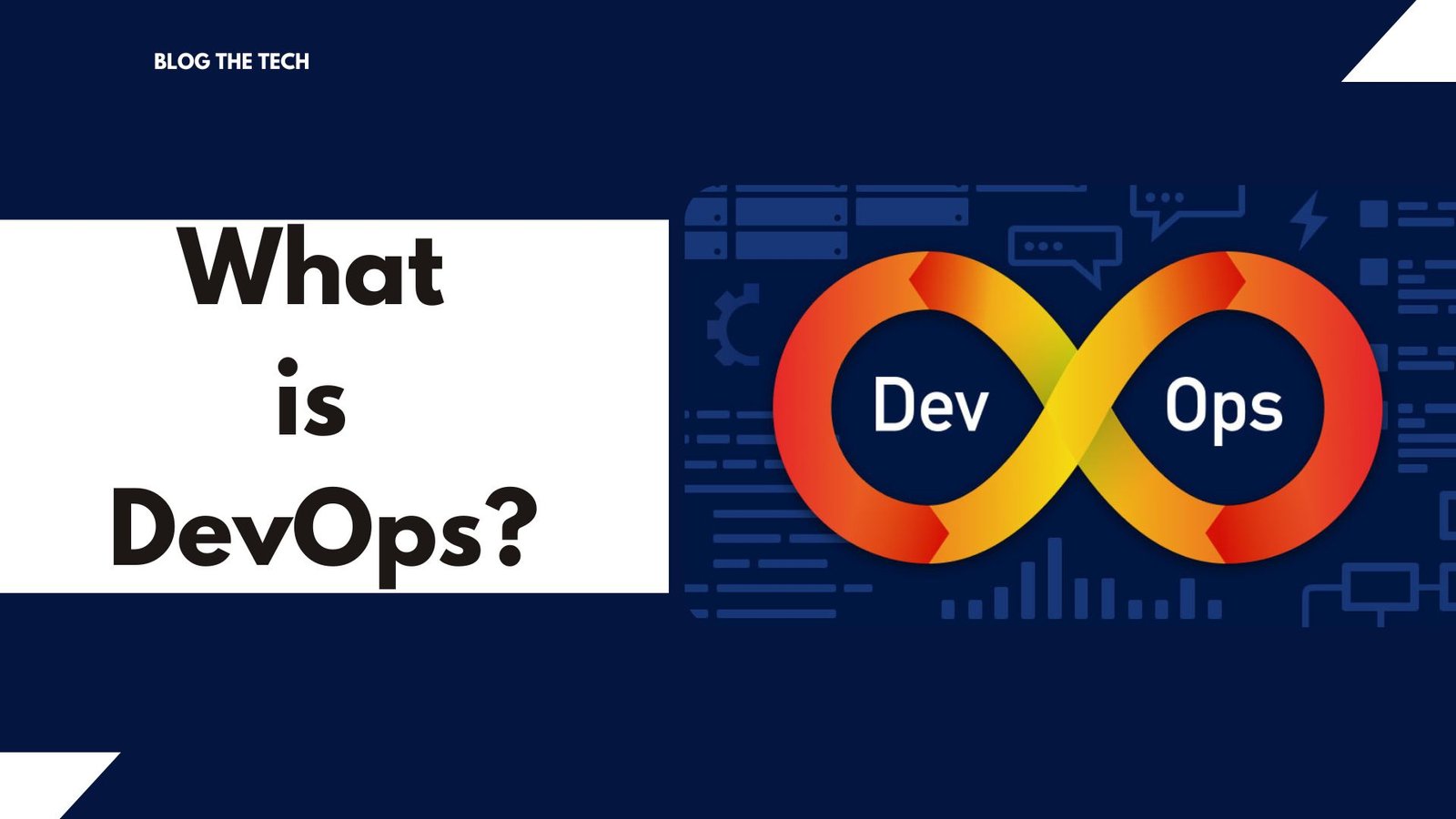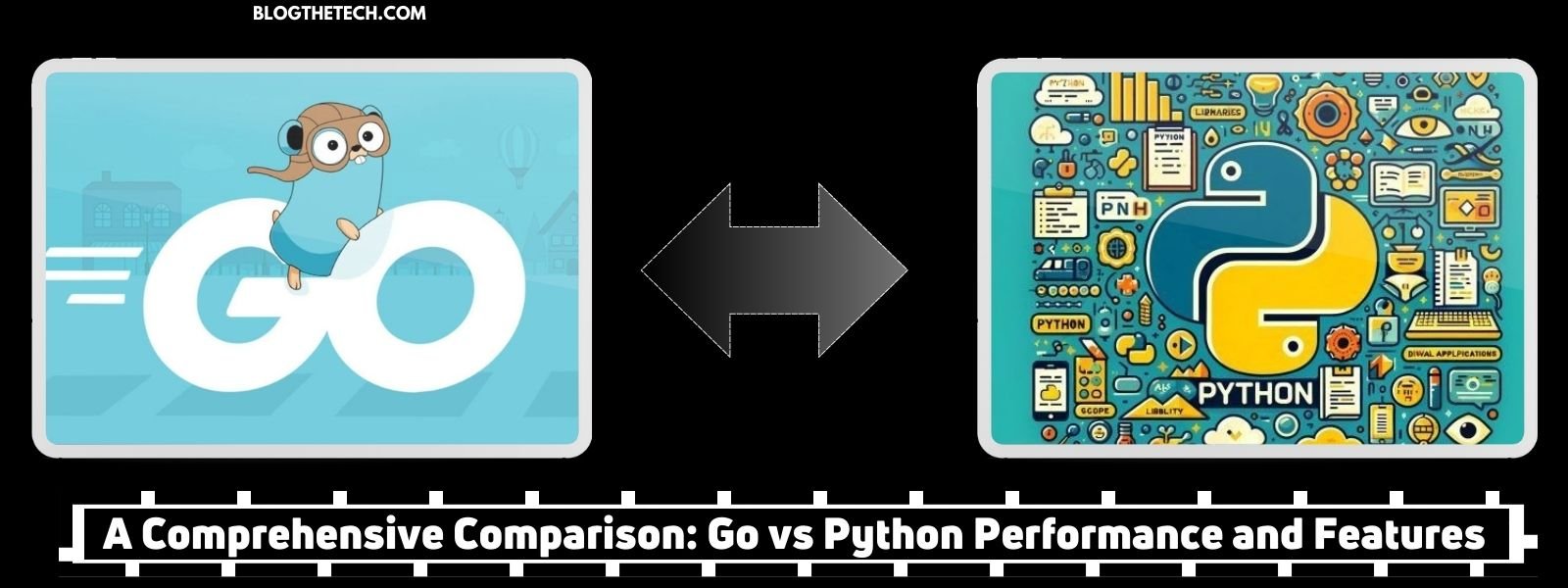Coding is now an essential skill in the vastly changing tech world, like reading and writing. It serves as the foundation for all digital devices as well as the online experiences that we meet each day. But beginners often ask themselves: What is the easiest coding language to learn first?
The purpose of this article is to help newcomers sail through a maze of programming languages and find the easiest coding language that serves as a gentle introduction to coding and a strong foundation for their further developments.
Why Start With an “Easy” Coding Language?
This idea of “easy” coding for newbies differs from one person to another depending on their learning styles and backgrounds. However, starting off with a language recognized for its simplicity and readability makes venturing into coding less scary and more enjoyable.
A simpler language means that confidence can be built in the process while also providing the ability to learn more complicated ones later.
The Contender for the Easiest Coding Language
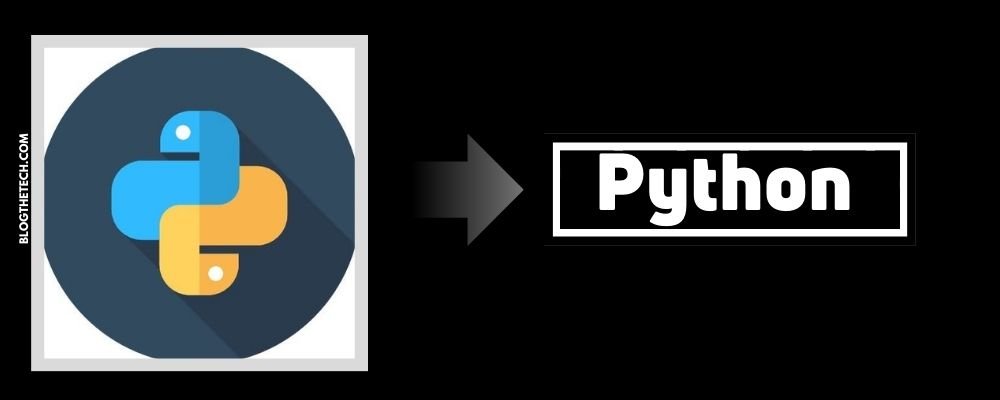
Python is the best choice for people who want to start coding as beginners due to a number of reasons:
- Simplicity and readability
Reading Python is almost like reading English, which makes it easier to understand and learn. Its syntax is simple, so you can create much more within fewer lines of code. This simplicity enables beginners to have a grasp on basic concepts without getting entangled in cumbersome syntax rules.
- Versatility
Python is versatile; it’s used in web development, data analysis, AI, scientific computing, etc. Thus, by knowing how to code with Python, one can venture into various tech fields.
- Strong community support
The Python community is huge and welcoming. For beginners, there are numerous resources, such as detailed documentation tutorials, forums, and local user groups, which become beneficial when someone starts.
- Python has high demand in the job market.
There’s a growing need for Python developers across many industries. It opens doors for you in these fields because you’ll have learned new skills.
How to Get Started with Python
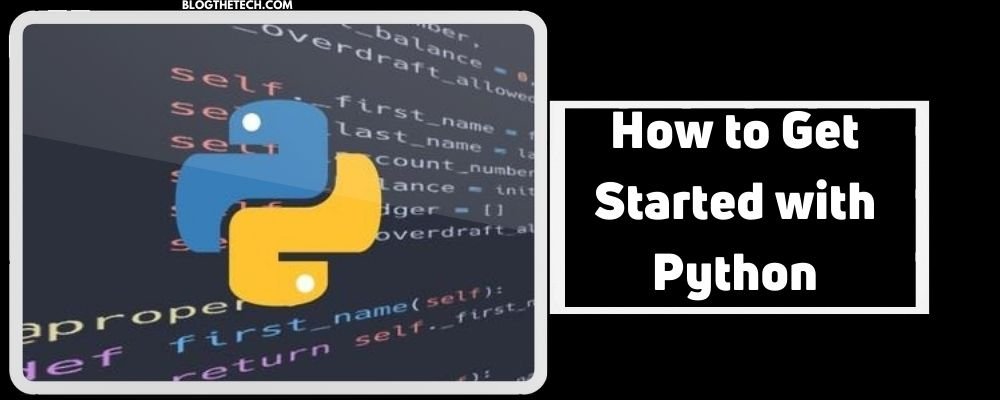
The following steps will help you start learning Python:
Step 1: Set Up Your Environment
Before you begin, make sure Python is installed on your computer by visiting python.org and downloading the most recent version. Install a code editor like PyCharm or Visual Studio Code before you start coding in Python to simplify its use.
Step 2: Learn the Basics
Master the basics of coding before jumping into any particular language. This includes things like variables, operators, and data types, among other things that will be covered in this course later on down the line (~conditions and loops). There are many free online resources targeted at beginners, such as Codecademy, Coursera, and the official Python documentation.
Step 3: Work on Small Projects
After understanding basic ideas, use them to build small things yourself. Examples might include making calculators; writing to-do list applications simple enough to not need server-side processing like Python Flask or Django would provide; creating an easy web scraper, etcetera. The point is to practice coding as often as you can.
Step 4: Explore further
You’ll need to venture into more complex things like object-oriented programming with Python or data analysis in Pandas, while others might prefer web development using Django or Flask when they’re ready for it, among others. Just remember: the more you know and practice, the better you get.
Using ITextPDF with Python provides a powerful solution by combining its simplicity and flexibility with its capabilities for comprehensive manipulation of PDF documents. This integration is particularly useful for projects involving dynamic PDF document generation or manipulation tasks.
Understanding the Easiest Coding Language
The first step towards coding for you is to choose the easiest coding language. Python is simple, versatile, well-supported by a large community, and offers fantastic career opportunities, which make it perfect for newbies.
Remember, consistency is key when learning how to code. Do not worry if you do not know everything right away.
Are you searching for other tips? We have other posts that would help you. Just go through them now.


